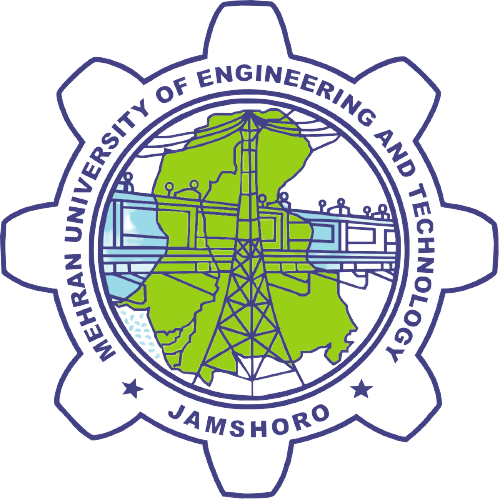Department Overview
Leading in computing education for a smart, secure and sustainable future
Vision of Department
Lead in computing education for a smart, secure and sustainable future
Mission of Department
The mission of the department of Computer Systems Engineering is to impart world-class education to computer engineers, enabling them to become successful in their professional career and lifelong learning by exhibiting moral and ethical values, thereby becoming a useful part of the society and contributing positively to the socio-economic growth of the country
Program Educational Objectives
Our core objectives for student development
Performs professionally based on the acquired computer engineering knowledge and analytical skills with continual improvement.
Ensures rationalism and ethics in a multicultural and diversified environment.
This is a team player and capable to demonstrate communication and managerial skills with an approach towards problem solving.
Program Learning Outcomes
Comprehensive skills and knowledge our graduates acquire
Engineering Knowledge
An ability to apply knowledge of mathematics, science, engineering fundamentals and an engineering specialization to the solution of complex engineering problems
Problem Analysis
An ability to identify, formulate, research literature, and analyze complex engineering problems reaching substantiated conclusions using first principles of mathematics, natural sciences and engineering sciences.
Design / Development of Solutions
An ability to design solutions for complex engineering problems and design systems, components or processes that meet specified needs with appropriate consideration for public health and safety, cultural, societal, and environmental considerations.
Modern Tool Usage
An ability to create, select and apply appropriate techniques, resources, and modern engineering and IT tools, including prediction and modeling, to complex engineering activities, with an understanding of the limitations.
The Engineer and Society
An ability to apply reasoning informed by contextual knowledge to assess societal, health, safety, legal and cultural issues and the consequent responsibilities relevant to professional engineering practice and solution to complex engineering problems.
Environment and Sustainability
An ability to understand the impact of professional engineering solutions in societal and environmental contexts and demonstrate knowledge of and need for sustainable development.
Ethics
Apply ethical principles and commit to professional ethics and responsibilities and norms of engineering practice.
Individual and Teamwork
An ability to work effectively, as an individual or in a team, on multifaceted and /or multidisciplinary settings.
Communication
An ability to communicate effectively, orally as well as in writing, on complex engineering activities with the engineering community and with society at large, such as being able to comprehend and write effective reports and design documentation, make effective presentations, and give and receive clear instructions.
Project Management
An ability to demonstrate management skills and apply engineering principles to one's own work, as a member and/or leader in a team, to manage projects in a multidisciplinary environment.
Lifelong Learning
An ability to recognize importance of and pursue lifelong learning in the broader context of innovation and technological developments.
